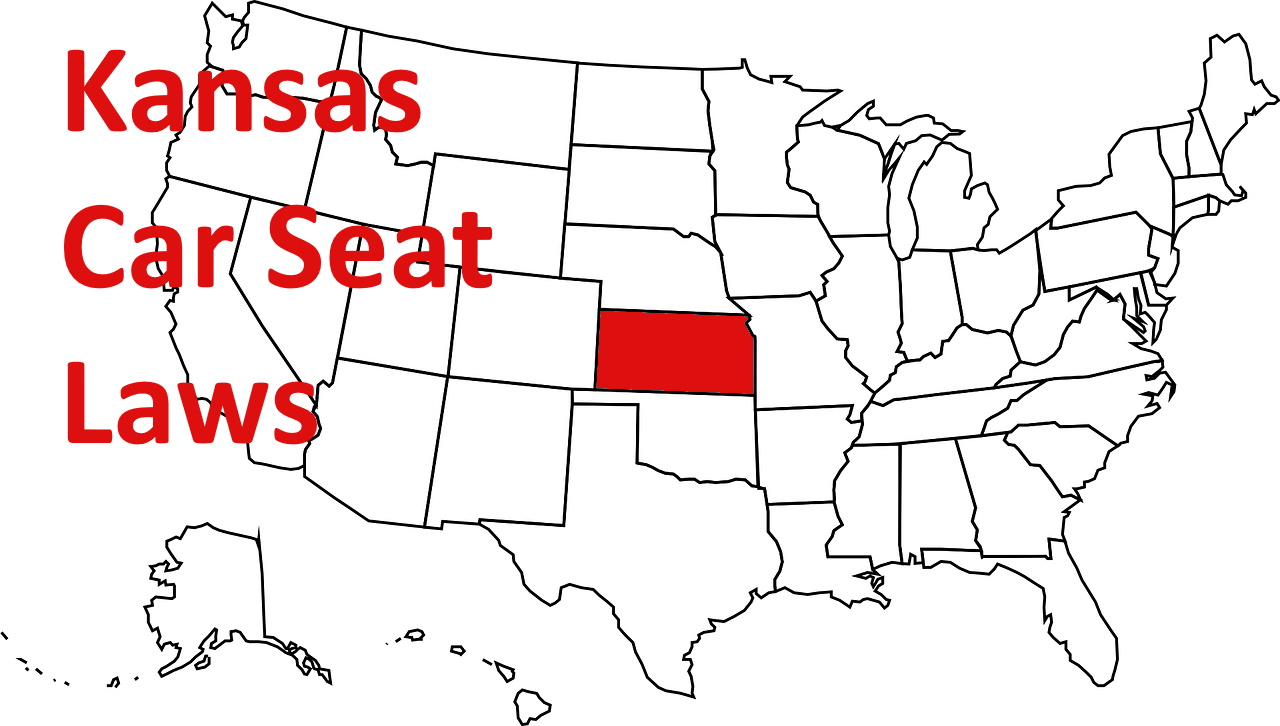Editor’s note: This article was updated in 2022 to link to a more appropriate section of the relevant statute.
In Kansas law, the Child Passenger Safety Act requires that any driver operating a motor vehicle to transport a child under fourteen years old on a highway must protect that child by the proper use of a child passenger safety restraining system meeting or exceeding federal motor vehicle safety standards and specifications or the proper use of a safety belt that complies with federal motor vehicle safety standards.
The Child Passenger Safety Act applies when a child under fourteen years old is transported in a passenger car or on an autocycle. The Act defines a passenger car as a motor vehicle manufactured or assembled after January 1, 1968, or manufactured or assembled before 1968 with safety belts, which is designed to carry no more than ten passengers. Vans are included in the definition of a passenger car. The Act defines an autocycle as a three-wheeled motorcycle.
Babies and Children Up to Four Years Old
A child up to the age of four years old must be properly protected by being secured in an appropriate child passenger safety restraining system meeting or exceeding federal motor vehicle
safety standards and specifications when being transported in a passenger vehicle or on an autocycle on a highway.
Children Four to Eight Years Old
A child between the ages of four and eight years old who weighs less than eighty pounds or is less than 4’9” in height must be properly protected by being secured in an appropriate child passenger safety restraining system meeting or exceeding federal motor vehicle safety standards and specifications when being transported in a passenger vehicle or on an autocycle on a highway.
Children Eight to Thirteen Years Old
A child between the ages of eight and thirteen years old or who weighs more than eighty pounds or is more than 4’9” in height must be properly protected by being secured in a safety belt that complies with federal motor vehicle safety standards when being transported in a passenger vehicle or on an autocycle on a highway.
Exemptions
Your child may be exempt from the requirements of the Child Passenger Safety Act if you have more children subject to the law than the number of available seating locations to secure children in your motor vehicle and if all of the passenger securing locations are being used by other children.
Your child may be exempt from the requirements of the child passenger safety restraining system provision of the Child Passenger Safety Act if your child is between the ages of three and seven years old, the securing location only has a lap safety belt available, and your child is secured by the lap safety belt.
Your vehicle may be exempt from the requirements of the Child Passenger Safety Act if it is a motorcycle, a trailer or vehicle constructed on a truck chassis registered for a gross weight of more than 12,000 pounds, or a farm truck registered for a gross weight of more than 16,000 pounds. These vehicles are not considered passenger cars under the Child Passenger Safety Act.
FAQ
What are Kansas booster seat guidelines?
Kansas car seat laws do not include requirements for booster seats. The law states that children under eight years old must ride in an appropriate child passenger restraint system. The National Highway Traffic Safety Administration recommends that children who have outgrown rear-facing and forward-facing car seats can use a booster seat. Read your child passenger restraint system’s guidelines for height and weight before securing your child.
What are the requirements for rear-facing car seats in Kansas?
Kansas does not have requirements for rear-facing car seats. Kansas car seat law states that children up to three years old must ride in a child passenger restraint system designed for their height and weight. Leaving your child in the rear-facing car seat as long as they meet the height and weight requirements is safest. Once your child is too heavy or tall for the rear-facing car seat, they can transition into a forward-facing car seat or another appropriate child passenger restraint system.
When can my child sit in the front seat in Kansas?
Kansas child car seat laws do not have child front seat requirements. The NHTSA recommends that parents leave their children in the back seat until they reach at least 12 years old.
* Ms. Blake is licensed in the state of Maryland. The information provided in this article does not constitute legal advice and does not create an attorney-client relationship.

